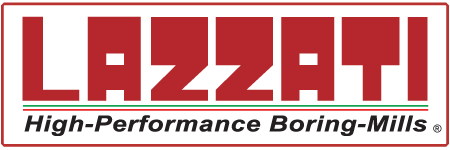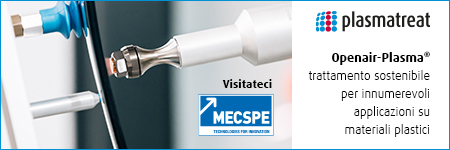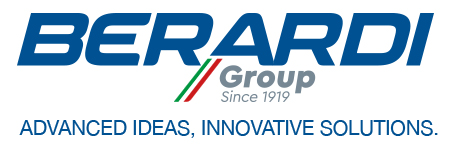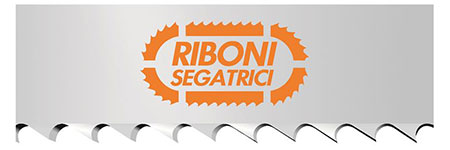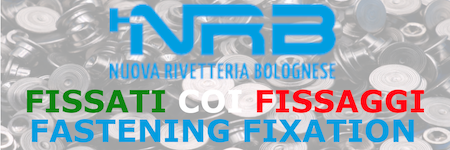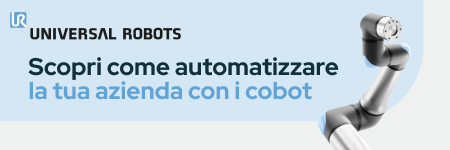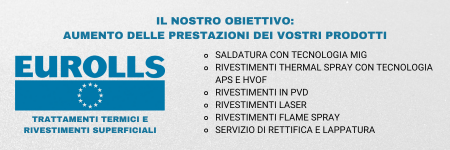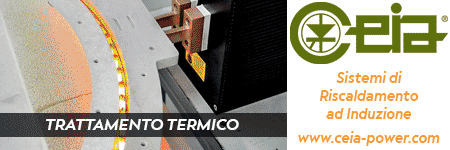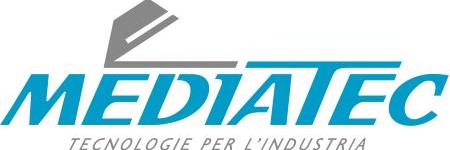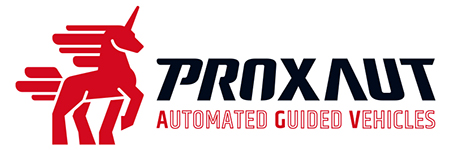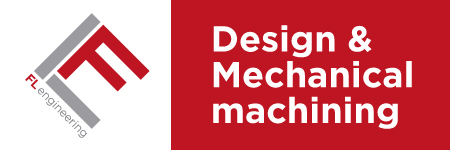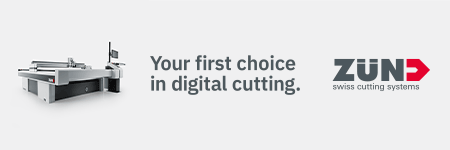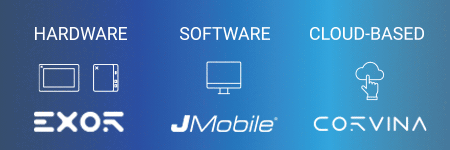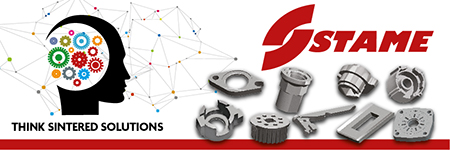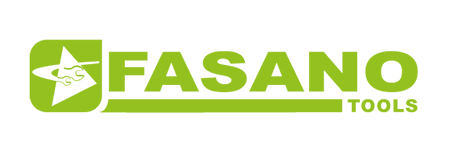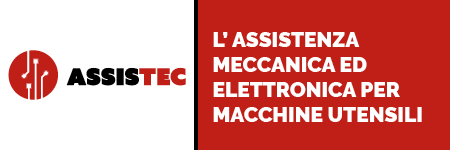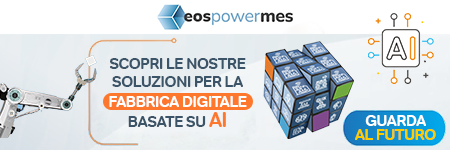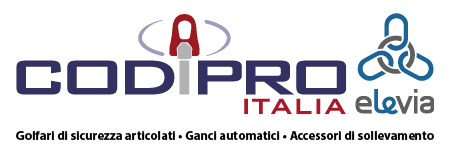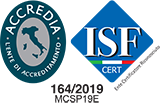The transport sector is the one with the highest use of aluminium, accounting in Italy for 42% of all metal used annually. Within the “Cuore Mostra” a panel will be held to explain what the possible future of primary metal production may be, but also the conservation of energy content through recovery and recycling. An overview of our country’s position vis-à-vis foreign competitors and the indispensable industrial policies capable of also looking at trading, the environment, sustainability.
*Those unable to use the reservation button are asked to make reservations by emailing the following address: info@metef.com
Mario Conserva – President METEF
Moving towards an eco-sustainable economy implies making industrial policies for maintaining the production capacity of raw materials and manufactured goods. This is the case of the aluminium supply chain, an important segment for our country, it is worth turnover and jobs, it has extraordinary solidity and technological experience that must not be lost, and the energy issue is a central point to be addressed in order to give a future to a very important asset, which is why we have set up the Aluminium Energy Summit.
Mauro Piasere – Chief Operating Officer of Saipem’s Robotics and Industrialised Solutions Business Line
The connection between metal production and energy is unbreakable. If you want to support sustainable production, you need a fruitful dialogue between energy producers, regulators, users and providers of energy-efficient and emission-reducing technological solutions.
Background
The aluminium supply chain has had and will continue to have extraordinary growth rates at a global level, the whole cycle from the production of raw material to intermediate transformations, processing and finishing up to the final uses in the various sectors, presents critical situations and opportunities under the aspects of energy and eco-sustainability. The heritage of experience and knowledge matured in our country in over 140 years of aluminium must be safeguarded and certainties are needed regarding energy costs.
Security of energy supply, both in terms of reliability and cost, is an essential requirement for any business plan.
Another point on which clarity is needed is the planned new rules on emissions, which also require transparency and market transversality. Reducing the CO2 footprint over the entire cycle is desirable and feasible with the cooperation of the main players: the production chain, regulators, energy producers and suppliers, and those who can implement energy efficiency and CO2 capture systems.
Energy-efficient and CO2-capture technologies must find solutions that require investment and operating costs that do not increase the cost of the end product for the user and industry while still
complying with regulations.
Industry must strive to offer products that, in addition to being infinitely recyclable and thus already part of the virtuous chain of circularity, must also reduce their impact on emissions and energy
consumption. Legislators must decide whether and how decarbonisation charges will be applied in Europe and how products from outside Europe will be treated.
Summit Goal
The purpose of the panel is to suggest a possible path to address these issues in search of possible solutions.
A Summit to:
– understand the needs of companies in the supply chain
– listen to the opinions of the segment’s leading experts;
– provide answers to entrepreneurs;
– provide decision-makers with some insights.
List of speakers
– Mauro Piasere – Chief Operating Officer of Saipem’s Robotics and Industrialised Solutions Business
Line
– Claudio Palmieri – Energy Manager Hera
– Giuseppe Toia – Energy Vice President of ASSOMET and Past President of Alcoa Primary Europe
– Stefano Saglia – member of ARERA (Energy, Networks and Environment Regulatory Authority)
– Cesare Pozzi – professor at LUISS University in Rome
– Mahmood Daylami – general secretary of the GAC (Gulf Aluminium Council)
Moderatore: Gabriele Cirieco – Founder and administrator of Strategic Advice and coordinator of the
Aluminium for Future Generations Programme
